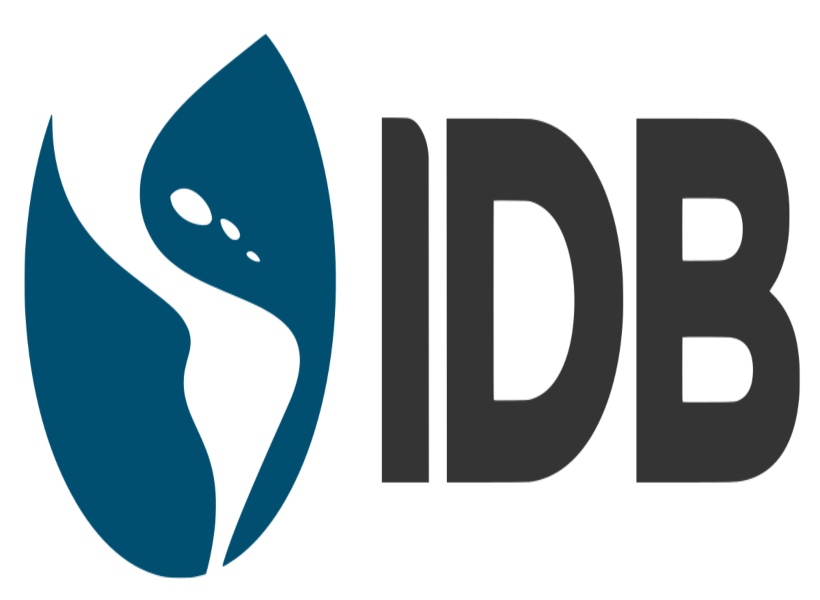Given Guyana’s low Human Development Index (HDI) indicators, and its pressing development needs, the Inter-American Development Bank (IDB) holds the view that there will inevitably be intense pressure to redistribute resources in real time. In this regard, the financial institution noted that some policy analysts here have suggested an interesting option—handing a portion of resource revenues directly to the public.
Since Guyana has a comparatively small population relative to the size of proven resources, the bank said that such a programme can reap significant benefits, provided there is the imposition of several control measures and verification.
Drawing from lessons on how cash transfers are implemented in the Latin American and Caribbean region, the bank said that Guyana can use this mechanism as a transparent, relatively cost-effective way to build the social contract between the government and citizens and immediately address pressing development challenges in the country.
Developed in Brazil and expanded in Mexico, the IDB stated that cash transfers are a much-tested mechanism by which the government pays a designated cohort—usually determined by income level—a set ‘transfer’ or cash payment each month into their bank account.
Guyana Standard understands that some programmes are conditional and require certain actions of the recipient such as taking their children to school, or to a health clinic for regular check-ups. Other transfers are non-conditional and are simply awarded based on pre-determined criteria.
The bank further noted that payments are usually given to the female head of a household, due to quantitative evidence which shows that women are more likely to use extra income productively—to help their family and themselves.
Taking these and other factors into consideration, the financial institution said it is clear that cash transfers aim to alleviate poverty in the short-term, through the redistribution of wealth, and in the long-term, by building up human capital among the poor through improved education, health and nutrition.
It said too that the cash transfer mechanism has a number of distinct advantages, but the banner headline is that it has a proven, and global, track record to reduce poverty, inequality and inter-generational indigence in a quick and efficient manner.
In conclusion, the bank said that cash transfers have done a better job at reducing poverty and inter-generational in- equality than traditional social protection programmes.













